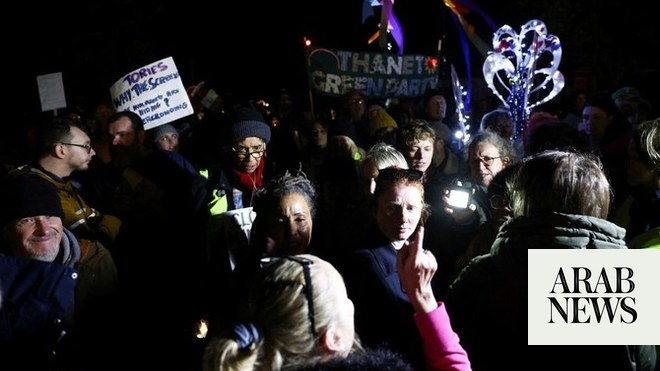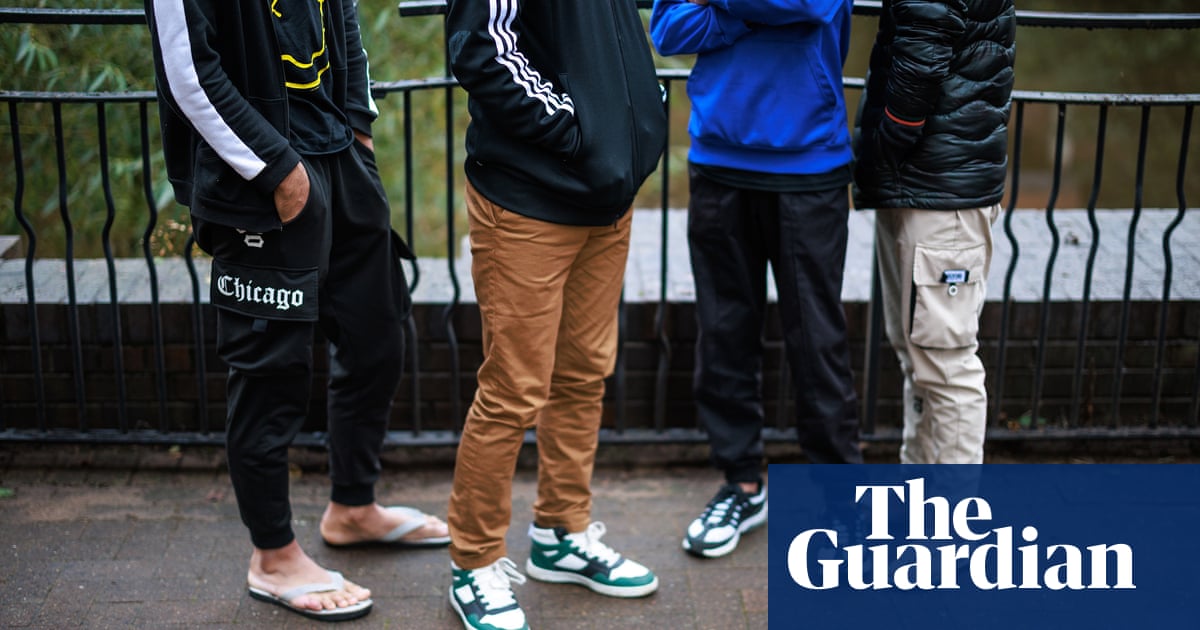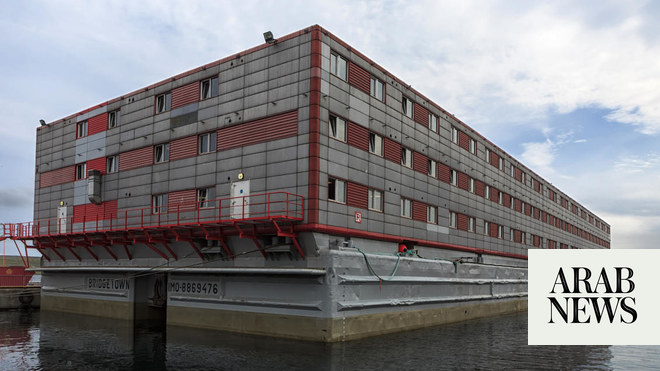
Asylum seekers are being made to share cramped rooms and even beds with strangers in breach of strict measures to contain coronavirus, charities have warned.
Overcrowding in government accommodation has led to new people being brought into shared rooms in hostels since the UK-wide lockdown began last month, according to Refugee Action, Asylum Matters and the Scottish Refugee Council.
The charities said that although the Home Office had stopped evictions from its asylum accommodation for three months because of Covid-19, there was insufficient capacity to safely house the growth in the asylum seeker population.
They added that the crisis would increase because up to 50,000 more people need to be accommodated due to the decision to allow people whose asylum claim or appeal has been rejected, as well as those granted refugee status, to stay put.
Their concern comes after it emerged that the high court ordered the home secretary, Priti Patel, to rehouse a man who developed Covid-19 symptoms after another symptomatic asylum seeker was put in his room. The man, referred to as AQS in the judgment issued last week, was evicted last month for property damage after he became angry with the situation. After sleeping rough, he was taken in by a friend who subsequently developed “symptoms of a high fever”.
A witness statement from Refugee Action’s London asylum service manager in another legal case this month said people were being deterred “from applying for asylum support for fear that they will have to share a room and put themselves at risk should they contract Covid-19”.
An asylum seeker in a south London hostel said that since the lockdown two strangers had shared the only double bed in his room for a week.
He said there had been four people in the room – a video seen by the Guardian shows three beds a few inches apart – but two of them left last week and a new person moved in.
Simon (not his real name) said: “They tell you to sleep in the double bed with other people. Every three or four days new people come in. I am very scared. You are not in a safe place.”
The man, who has latent tuberculosis, said another occupant of the hostel had been taken to hospital with coronavirus symptoms.
A woman in different temporary asylum accommodation in London described her fear about sharing a double room with three strangers. Mary (not her real name), who is HIV positive, said people had regularly arrived at the hostel since the lockdown began.
“Last night there was someone sneezing and there is a lot of tension in the house,” she said. “I have flu [symptoms]. I am feeling scared.”
The judgment in the case of AQS shows his eviction came after another man was moved into his shared room who had “a persistent cough and night sweats”. The man left the next day but AQS developed “symptoms of a high fever and a persistent cough”.
Although AQS, who has mental health problems, was offered a single room, he became angry and was kicked out after an incident with the manager. Following judicial review, he was rehoused in “a facility operated specifically for those entitled to asylum accommodation with symptoms of Covid-19”.
The migration lawyer Simon Cox of Doughty Street Chambers, who represented AQS, said as far as he was aware this accommodation in London was the only dedicated housing for symptomatic asylum seekers in the UK.
He said: “Another of my homeless clients was asked to share a room with five other men on Friday [3 April]. The Home Office should be urgently sourcing extra accommodation, not crowding people into existing rooms. That’s a recipe for transmission.”
Stephen Hale, the chief executive of Refugee Action, said it was impossible for many asylum seekers to practise physical distancing and self-isolation. He added: “Overcrowding in poor accommodation and delays in providing even paltry levels of support have always been rife but now these problems are putting lives at risk.”
Sabir Zazai, the chief executive of the Scottish Refugee Council, said it was hearing daily from asylum seekers in Glasgow fearful of sharing accommodation with strangers.
A Home Office spokeswoman said: “Asylum accommodation providers are following public health guidance and are providing additional accommodation for individuals with symptoms who need to self-isolate.”












